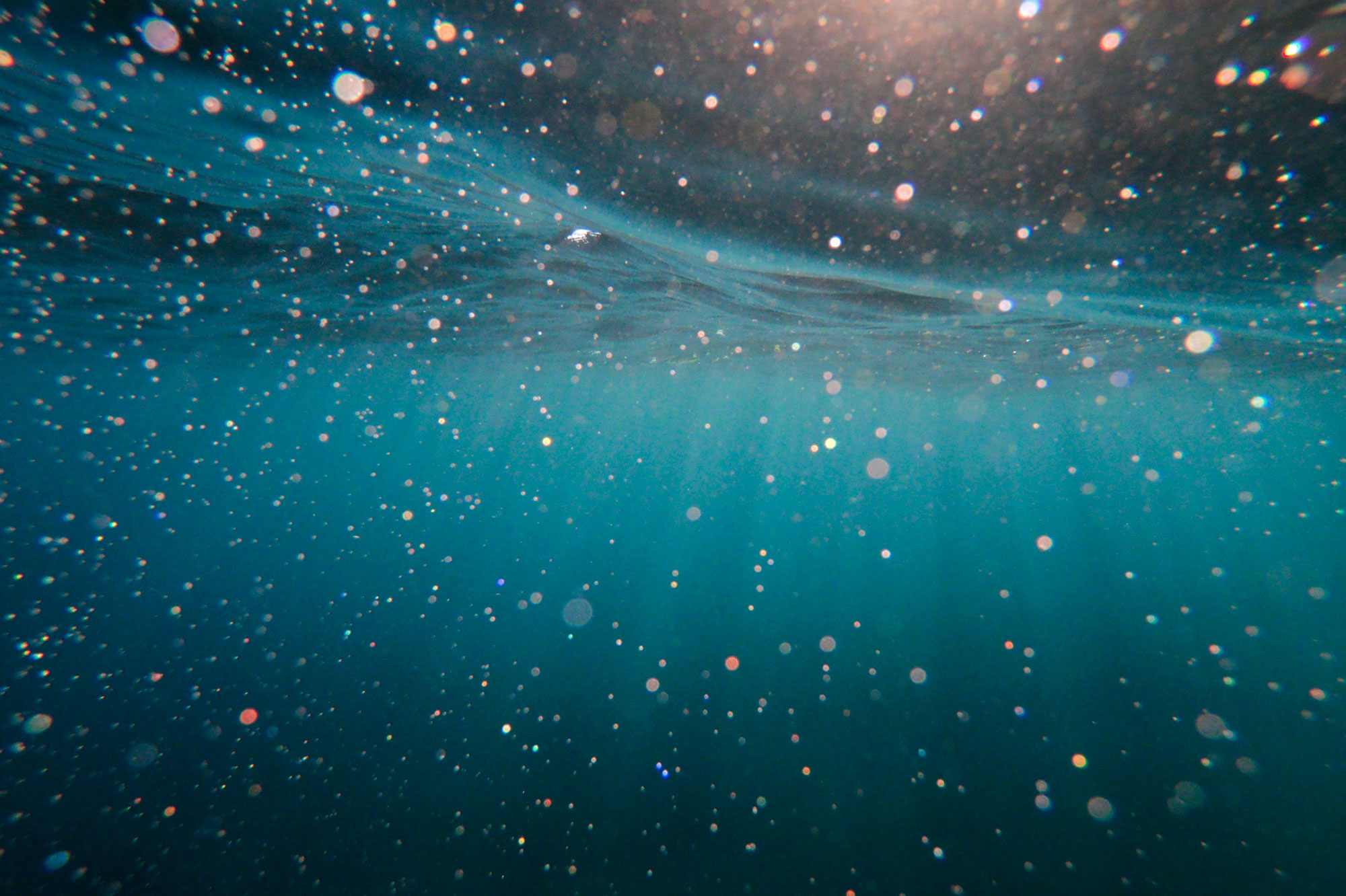Story
International mCDR Blue Paper launched: the Ocean’s climate role grows – but at what cost?
04 June 2025
The newest Ocean Panel–commissioned paper outlines a set of principles for the responsible development and governance of marine carbon dioxide removal (mCDR) – emerging techniques that aim to enhance the ocean’s natural ability to store carbon and help meet global climate targets.

The new Blue Paper ‘Principles for Responsible and Effective Marine Carbon Dioxide Removal Development and Governance’ has been formally launched today (Wednesday 4th June) at the One Ocean Science Conference in Nice, France, in the session ‘Government-focused principles for ethical and effective marine carbon dioxide removal development’.
The paper, published by the High Level Panel for a Sustainable Ocean Economy (Ocean Panel), highlights the potential role of marine Carbon Dioxide Removal (mCDR) in meeting global climate goals under the Paris Agreement, while emphasising the urgent need to address major knowledge gaps around its effectiveness, impacts, and costs.
‘In contradiction to a trajectory consistent with the goals of the Paris Agreement, global greenhouse gas emissions continue to rise. The world experienced the highest-ever anthropogenic carbon dioxide (CO2) emissions in 2024, which was also the first year that the average global temperature exceeded 1.5 degrees Celsius (°C) above pre-industrial levels. The time left to bring global emissions under control is running out.
Deep and rapid emissions reductions are needed—nearly a 50% reduction by 2030 to stay on track to limiting global temperature rise to 1.5°C. Considering this, actively removing carbon dioxide from the atmosphere through CO2 removal techniques will likely need to be explored to meet these goals. Given the huge size of the global ocean, and its already key role in absorbing anthropogenic CO2 emissions and associated excess heat, marine carbon dioxide removal (mCDR) techniques may offer hope.
As mCDR field trials expand, the paper calls for robust governance, transparent reporting, community engagement, and high research standards to ensure responsible development. The toolkit is intended for governments, researchers, NGOs, and partners committed to credible, inclusive, and science-based mCDR efforts aligned with climate and ocean sustainability goals.’ [Extract from Foreword]
PML’s Professor Helen Findlay was a contributing author, specifically Chapter 1, which explores the current state of knowledge and technology across different mCDR methods.
Professor Findlay said: “Ocean-based CO2 removal is rightly attracting a great deal of attention, but the testing and adoption of any new technologies and processes needs to be underpinned with rigorous scientific research to ensure safety and sustainability. The appetite to accelerate the use of mCDR must be balanced with approaches which are inclusive, transparent and robustly verified and it is important that investment is directed towards supporting outcomes which are genuinely beneficial for society and the environment.”
Senior Associate for the World Resources Institute and lead coordinating author, Katie Lebling said: “Marine carbon dioxide removal approaches show great potential, but this potential is paired with significant uncertainty around efficacy and environmental impacts. Increased government funding for research and development is needed to address these knowledge gaps and inform decisions about which marine carbon removal approaches are suitable to move forward. Governance frameworks must also be improved to enable and guide responsible research and development.”
Key Messages from the Paper:
- mCDR methods include: ocean alkalinity enhancement, direct ocean carbon capture, seaweed and phytoplankton cultivation, and ecosystem restoration.
- Most techniques are still early-stage, with pilot studies only just beginning to assess their potential and environmental impact at scale.
- The effectiveness, permanence, and risks of mCDR approaches remain uncertain – underlining the urgent need for further research and strong oversight.
- The paper stresses the need for robust monitoring, reporting and verification (MRV), community engagement, and precautionary governance.
- Governments are urged to take a lead on research and regulation, ensuring that any future deployment aligns with international law and public trust.
You can read the full Blue Paper on the Ocean Panel’s website >>
Related information
PML and mCDR:
Does marine carbon dioxide removal have the potential to mitigate ocean acidification?
IN DISCUSSION: How best to monitor, report and verify ocean-based carbon removal?
Pioneering Ocean Carbon Removal technique proves successful in pilot study
What is ocean alkalinity enhancement and why is it important?
Watch now: Mitigating ocean acidification: Marine Carbon Dioxide removal
About the Ocean Panel: Established in 2018, the High Level Panel for a Sustainable Ocean Economy (Ocean Panel) is a unique initiative made up of serving world leaders who are building momentum for a sustainable ocean economy in which effective protection, sustainable production and equitable prosperity go hand in hand. By working collaboratively with a wide array of stakeholders, the Ocean Panel aims to identify bold solutions that bridge ocean health, wealth and equity and accelerate and scale responsive action worldwide.
This Blue Paper was prepared in support of the work of the Ocean Panel to provide a robust science and knowledge base and practical opportunities for action across issues central to the attainment of a sustainable ocean economy. The Blue Paper was developed by consensus of the authors who have balanced their individual academic and other perspectives. The arguments, findings and opportunities outlined in this Blue Paper represent the views of the authors alone. Ocean Panel members have not been asked to formally endorse the Blue Paper and should not be taken as having done so.
